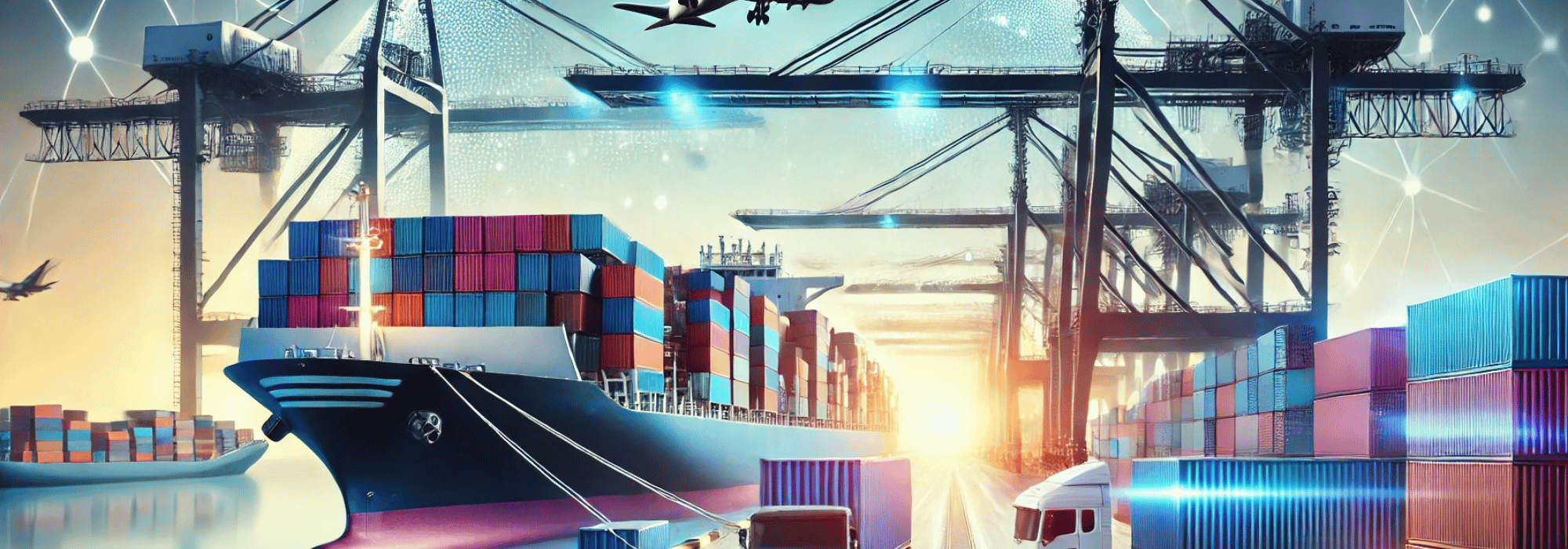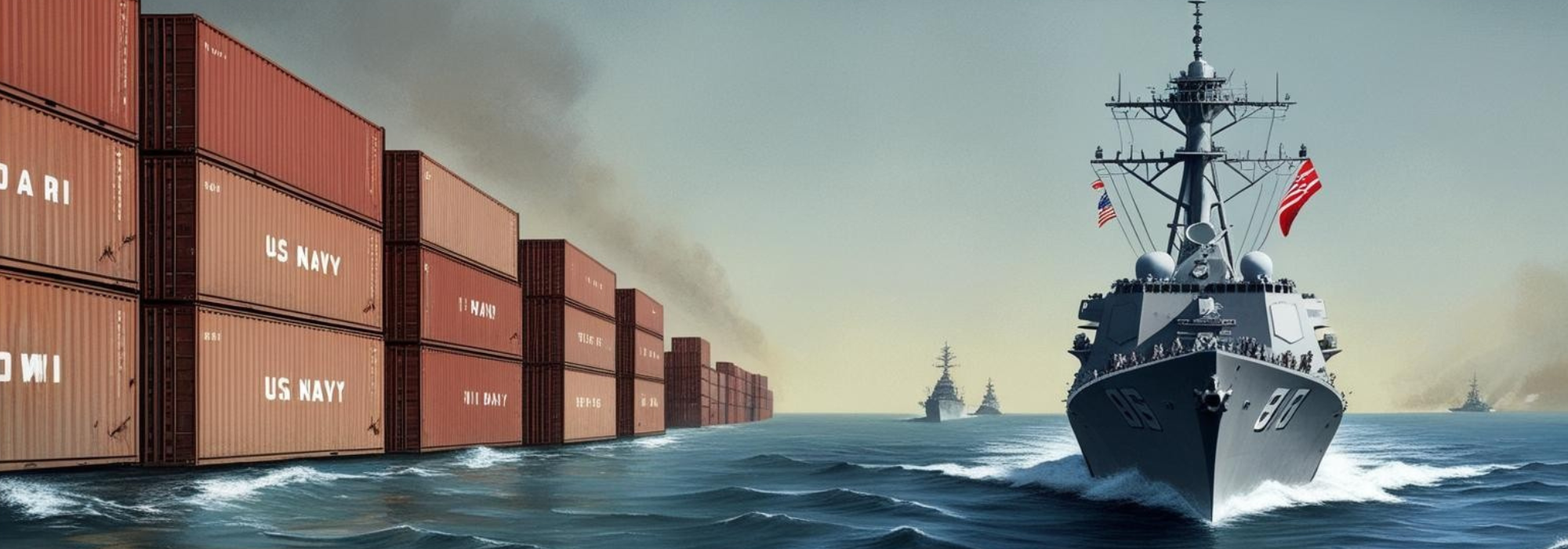The WTO provides a forum for negotiating agreements aimed at reducing obstacles to international trade and ensuring a level playing field for all, thus contributing to economic growth and development. The WTO also provides a legal and institutional framework for the implementation and monitoring of these agreements, as well as for settling disputes arising from their interpretation and application. The current body of trade agreements comprising the WTO consists of 16 different multilateral agreements (to which all WTO members are parties) and two different plurilateral agreements (to which only some WTO members are parties).
Over the past 60 years, the WTO, which was established in 1995, and its predecessor organization the GATT have helped to create a strong and prosperous international trading system, thereby contributing to unprecedented global economic growth. The WTO currently has 164 members, of which 117 are developing countries or separate customs territories. WTO activities are supported by a Secretariat of some 700 staff, led by the WTO Director-General. The Secretariat is located in Geneva, Switzerland, and has an annual budget of approximately CHF 200 million. The three official languages of the WTO are English, French and Spanish.
Decisions in the WTO are generally taken by consensus of the entire membership. The highest institutional body is the Ministerial Conference, which meets roughly every two years. A General Council conducts the organization’s business in the intervals between Ministerial Conferences. Both of these bodies comprise all members. Specialised subsidiary bodies (Councils, Committees, Sub-committees), also comprising all members, administer and monitor the implementation by members of the various WTO agreements.
More specifically, the WTO’s main activities are:
— negotiating the reduction or elimination of obstacles to trade (import tariffs, other barriers to trade) and agreeing on rules governing the conduct of international trade (e.g. antidumping, subsidies, product standards, etc.)
— administering and monitoring the application of the WTO’s agreed rules for trade in goods, trade in services, and trade-related intellectual property rights
— monitoring and reviewing the trade policies of our members, as well as ensuring transparency of regional and bilateral trade agreements
— settling disputes among our members regarding the interpretation and application of the agreements
— building capacity of developing country government officials in international trade matters
— assisting the process of accession of some 30 countries who are not yet members of the organization
— conducting economic research and collecting and disseminating trade data in support of the WTO’s other main activities
— explaining to and educating the public about the WTO, its mission and its activities.
The WTO’s founding and guiding principles remain the pursuit of open borders, the guarantee of most-favoured-nation principle and non-discriminatory treatment by and among members, and a commitment to transparency in the conduct of its activities. The opening of national markets to international trade, with justifiable exceptions or with adequate flexibilities, will encourage and contribute to sustainable development, raise people’s welfare, reduce poverty, and foster peace and stability. At the same time, such market opening must be accompanied by sound domestic and international policies that contribute to economic growth and development according to each member’s needs and aspirations.
What is the WTO?
The World Trade Organization (WTO) is the only global international organization dealing with the rules of trade between nations. At its heart are the WTO agreements, negotiated and signed by the bulk of the world’s trading nations and ratified in their parliaments. The goal is to help producers of goods and services, exporters, and importers conduct their business.
Who we are
There are a number of ways of looking at the World Trade Organization. It is an organization for trade opening. It is a forum for governments to negotiate trade agreements. It is a place for them to settle trade disputes. It operates a system of trade rules. Essentially, the WTO is a place where member governments try to sort out the trade problems they face with each other.
What we do
The WTO is run by its member governments. All major decisions are made by the membership as a whole, either by ministers (who usually meet at least once every two years) or by their ambassadors or delegates (who meet regularly in Geneva).
What we stand for
The WTO agreements are lengthy and complex because they are legal texts covering a wide range of activities. But a number of simple, fundamental principles run throughout all of these documents. These principles are the foundation of the multilateral trading system.
Overview
The World Trade Organization — the WTO — is the international organization whose primary purpose is to open trade for the benefit of all.
The WTO in Brief
A starting point for essential information about the WTO.
About the WTO — ‘Understanding the WTO’
An introduction, in more depth, to the WTO and its agreements.
10 things the WTO can do
The world is complex. The World Trade Organization is complex. This booklet is brief, but it tries to reflect the complex and dynamic nature of trade and the WTO’s trade rules.
History of the multilateral trading system
From the early days of the Silk Road to the creation of the General Agreement on Tariffs and Trade (GATT) and the birth of the WTO, trade has played an important role in supporting economic development and promoting peaceful relations among nations. This page traces the history of trade, from its earliest roots to the present day.
קבצים להורדה
- טקסט הסכם הרכישות הממשלתיות 2012
- תרגום הסכם הרכישות הממשלתיות לעברית 2012 (מחייב תחת הנוסח האנגלי בלבד)
- נספח 1 – משרדי ממשלה
- נספח 2 – רשויות מקומיות
- נספח 3 – רשויות וחברות ממשלתיות
- נספח 4 – מוצרים
- נספח 5 – רשימת שירותים
- נספח 6 – רשימת שירותי בנייה
- נספח 7
- רמות הסף להסכם הרכישות הממשלתיות (מעודכן לשנים 2020-2021)
- רכש גומלין (OFFSET)
- סיווג השירותים הבינלאומיים (CPC)


















